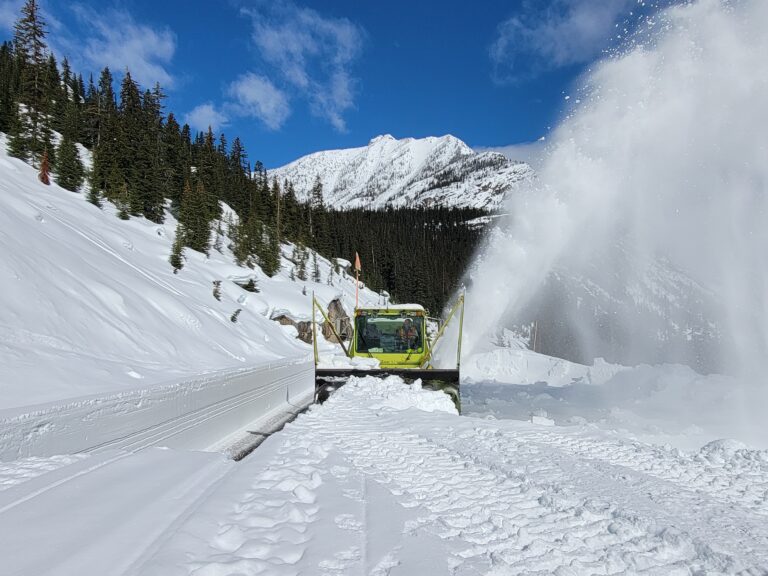The Departments of the Interior and Commerce announced a historic $240 million investment in tribal nation fish hatcheries in the Pacific Northwest and Alaska on Thursday, July 25.
The Lummi Nation, Upper Skagit Indian Tribe, Swinomish Indian Tribe, Nooksack Tribe and Sauk-Suiattle Indian Tribe in Whatcom and Skagit counties are among the 27 tribes eligible to receive a portion of the first $54 million being made available.
“It has been stated that this is a once-in-a-lifetime funding, but we think that we finally kicked the door down and are setting the precedent moving forward,” said Lisa Wilson, secretary of the Lummi Indian Business Council, who worked on the funding from the beginning.
The initial funding is tagged to help tribes in Washington, Alaska, Oregon, Idaho and California address current hatchery facility maintenance and modernization efforts. The move is part of President Joe Biden’s Investing in America agenda and part of the administration’s efforts to empower Tribal sovereignty and self-determination, according to the Department of the Interior.
The remaining millions tagged for the tribal fish hatcheries will be made available competitively to help them address the long-term viability and effectiveness of critical salmon and steelhead infrastructure.
“This historic funding is being dispersed through self-governance, which means that it is directed straight to the tribes,” Wilson explained.
The money will be awarded through the Indian Self-Determination and Education Assistance Act, lifting “significant” administrative burden on the tribes, according to a news release by the Department of Interior.
Wilson noted that at the start of the process, the funding was not guaranteed.
“We fought hard to ensure that it came to us, as it should under federal obligations,” Wilson said. “The Lummi people know how to manage the gifts the water provides, and we protect and defend those gifts with sustainable projects like our salmon hatcheries.”
The Lummi Nation funds will be used to support tribal salmon hatcheries at Lummi Bay and Skookum Creek on the South Fork Nooksack River near Acme, which are nearly 60 years old and in need of infrastructure repairs and updates, Wilson said.
Wilson noted that tribal hatcheries have been “grossly underfunded” relative to state and federal facilities.
Despite this, she said, the Skookum Creek Hatchery has played an essential role in saving the chinook population, and that investment in hatchery infrastructure is key to the continued effort to restore salmon in the Nooksack River.
“Hatchery fish are treaty fish and play a vital role in the survival of our natural-origin populations while also providing salmon for our subsistence and ceremonies,” Wilson said. “If it weren’t for the hatcheries and the tribes, nobody would be fishing.”
Not everyone agrees; some fisheries observers say research suggests the broad regional network of hatcheries, many managed by the state and federal governments, actually pose a threat to endangered wild salmon populations. In April, Wild Fish Conservancy and The Conservation Angler filed a lawsuit under the Endangered Species Act arguing that hatchery programs on the Columbia River below Bonneville Dam are “negatively impacting threatened and endangered Chinook, coho and chum salmon, as well as steelhead.”
Nonetheless, the Department of Interior noted that tribal fish hatcheries produce millions of fish every year, benefiting subsistence, commercial fishermen and recreational fisheries.
It was also announced on Thursday that the National Marine Fisheries Service plans to continue building on the partnership with the U.S. Bureau of Indian Affairs for future opportunities to address tribal needs throughout the United States.
“There’s also more to be done, and I look forward to working with all Tribes and Congressional champions to find future opportunities to support salmon hatcheries,” U.S. Secretary of Commerce Gina Raimondo said.
Isaac Stone Simonelli is CDN’s enterprise/investigations reporter; reach him at isaacsimonelli@cascadiadaily.com; 360-922-3090 ext. 127.




